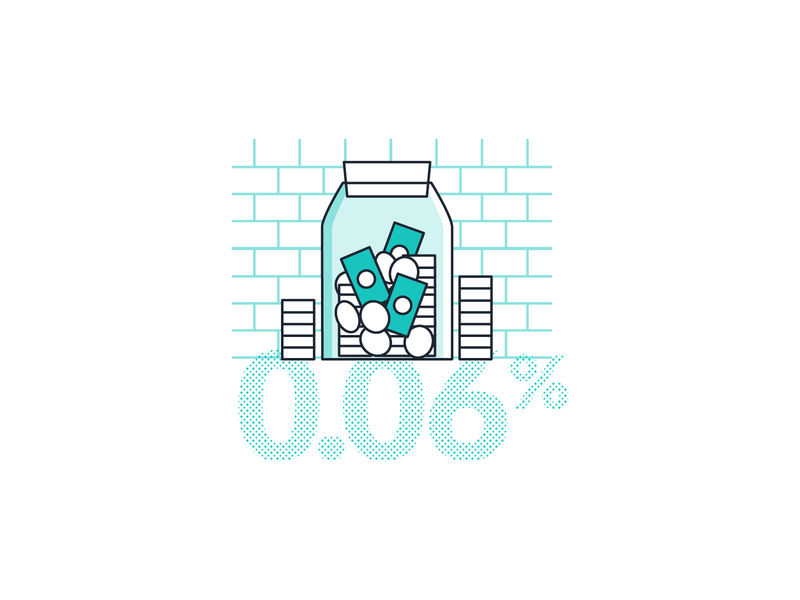Discovering The Fundamentals: Definition And Performance Of A Repayment Bond
Discovering The Fundamentals: Definition And Performance Of A Repayment Bond
Blog Article
Write-Up Writer-
When it comes to building and construction projects, recognizing the ins and outs of payment bonds is vital. Have surety bonding companies before questioned just how these monetary safeguards come into play, ensuring that subcontractors and suppliers get their due? The systems behind payment bonds are elaborate yet vital for the smooth functioning of the building market. Let's unwind Read Home Page to shed light on this basic facet of task financing.
Purpose of Repayment Bonds
If you want to understand the value of settlement bonds, you need to initially grasp their key function in building and construction projects. Settlement bonds function as a vital protection mechanism for subcontractors and providers. In the realm of construction, these parties usually face payment concerns because of numerous reasons, such as professional insolvency or financial instability. Payment bonds work as a warranty that subcontractors and distributors will certainly receive repayment for their job and products, even if the contractor defaults.
By requiring payment bonds on jobs, job owners make sure that all parties associated with the construction process are monetarily safe. This need provides peace of mind to subcontractors and providers, motivating them to take part in jobs without the worry of non-payment. In addition, payment bonds aid preserve a smooth circulation of deal with the building and construction site by minimizing disturbances brought on by repayment conflicts.
Understanding the objective of repayment bonds is vital for all stakeholders in construction projects. It ensures fair compensation for subcontractors and suppliers, promotes job stability, and boosts total project efficiency.
How Settlement Bonds Are Gotten
To obtain repayment bonds for building jobs, professionals usually approach surety companies that concentrate on providing these monetary warranties. Guaranty business examine the specialist's monetary stability, creditworthiness, and job history prior to issuing a payment bond. The specialist has to complete an application procedure that consists of sending economic papers and project details for analysis.
When the guaranty company authorizes the application, the contractor pays a costs for the bond based upon the project's total worth and the contractor's risk profile. The payment bond acts as a monetary assurance that subcontractors and distributors will certainly be spent for their job and materials. It also gives reassurance to project owners that the contractor has the financial backing to finish the project efficiently.
Technicians of Repayment Bonds
Comprehending the auto mechanics of payment bonds is essential for browsing the intricacies of construction project financing. Repayment bonds are a three-party arrangement amongst the task owner, the professional, and the surety company. Once a professional is awarded a task, they typically get a settlement bond to make sure that subcontractors, laborers, and vendors are spent for their job and materials. On the occasion that the specialist fails to fulfill payment commitments, the settlement bond remains in area to provide a source of funds for these celebrations.
When a subcontractor or distributor goes unpaid, they can make an insurance claim versus the repayment bond. The procedure entails submitting a written notice to the surety firm describing the amount owed and providing any kind of needed documents. The guaranty after that explores the case to establish its credibility. If the claim is authorized, the guaranty will certainly make payment to the claimant, up to the bond quantity.
Understanding these technicians is crucial for all parties involved in a building and construction project to make sure appropriate payment methods and economic security.
Conclusion
Now that you understand the basics of repayment bonds, think of them as a safeguard for building tasks.
Like a tough umbrella on a rainy day, payment bonds secure subcontractors and vendors from financial downpours triggered by specialist defaults.
So next time you're associated with a construction task, keep in mind that a repayment bond exists to keep everybody completely dry and ensure plain sailing in the repayment process.
